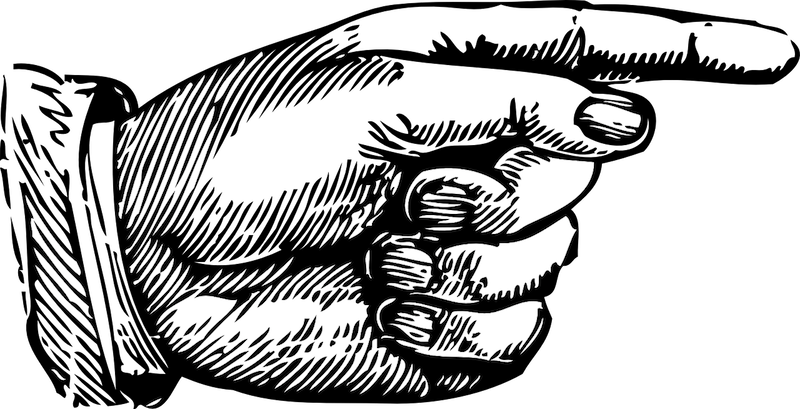7 Gestures to Avoid in China
China holds a lot of mystique for many travellers, as an exotic Eastern land, with a completely different language, alphabet system, and culture. These differences can make it quite daunting, especially when it comes to communicating. Whether you speak Chinese or not, it is important to remember that non-verbal communication is just as important as language, and that there are big cultural differences when it comes to the body language and gestures that make up this other realm of language. Make sure you don’t cause unnecessary offense to locals by avoiding these rude gestures while you’re in China!
How’s your verbal Chinese? Take a Mandarin level test to find out!
1. Big, excessive hand movements

Image via Pixabay
Chinese people tend to be conservative in their gestures and avoid making a lot of hand movements. If you’re a person who likes to talk with your hands, try to tone it down while you’re in China so you don’t annoy the locals.
2. Getting touchy
Touchiness and physical affection are not common in Chinese culture. Don’t try to hug or kiss strangers, slap their backs or reach out and touch them. Even handshakes are seen as too touchy, although this is changing thanks to business relations with the West. To greet someone in China, particularly someone you don’t know, simply nod your head slightly and don’t try to impose any physical contact. Wait to see if the Chinese person initiates a handshake, as some will extend a hand for westerners, but don’t be the first to offer your hand.
The flipside to this is that Chinese tend to not have the same regard for personal space as you might be used to in public areas. This goes for standing in lines, being on public transport and so forth. However, this is more something that has come about due to population density, with people used to sharing tight spaces.
3. Pointing your finger

Image via Pixabay
If you want to gesture to someone or call them, don’t point your finger at them. This is considered quite rude. Instead, point with an open hand. This also applies for using your finger to call or beckon someone. Rather make eye contact and nod at them to avoid causing discomfort.
4. Winking and whistling
While you may see winking as a friendly or flirtatious gesture, whatever you do, don’t wink at a Chinese person. This is seen as a vulgar gesture. The same applies to whistling. Stop yourself from whistling, whether to grab attention or simply mindlessly whistling a tune.
5. Gesturing with your feet
It is considered ill-mannered to point your feet at someone. When crossing your legs, check the direction your feet are pointing. In addition, don’t put your feet on a table, or make any kind of gestures at people with them.
6. Take a business card with one hand
If someone offers you a business card, always take it with both your hands. After receiving it, make a point of examining it in front of the person before putting it away. This is seen as the correct and respectful way to receive a business card. Ideally, you would then give your own business card in return.
7. Point your chopsticks
China is serious about chopstick etiquette. They are strictly for eating and shouldn’t be used to point at people or things, or to be played with at the table. Moreover, don’t stab your food with the chopsticks making them stand up in your plate – this is considered to be a bad open. Use your chopsticks in the correct manner to eat (or as best as you are able to!) and when finished, place them on top of your bowl.

IImage via Pixabay
If you find the prospect of these cultural differences intimidating, remember that your own culture has many cultural quirks that others find strange. Making the effort to respect these disparities will always be appreciated!


